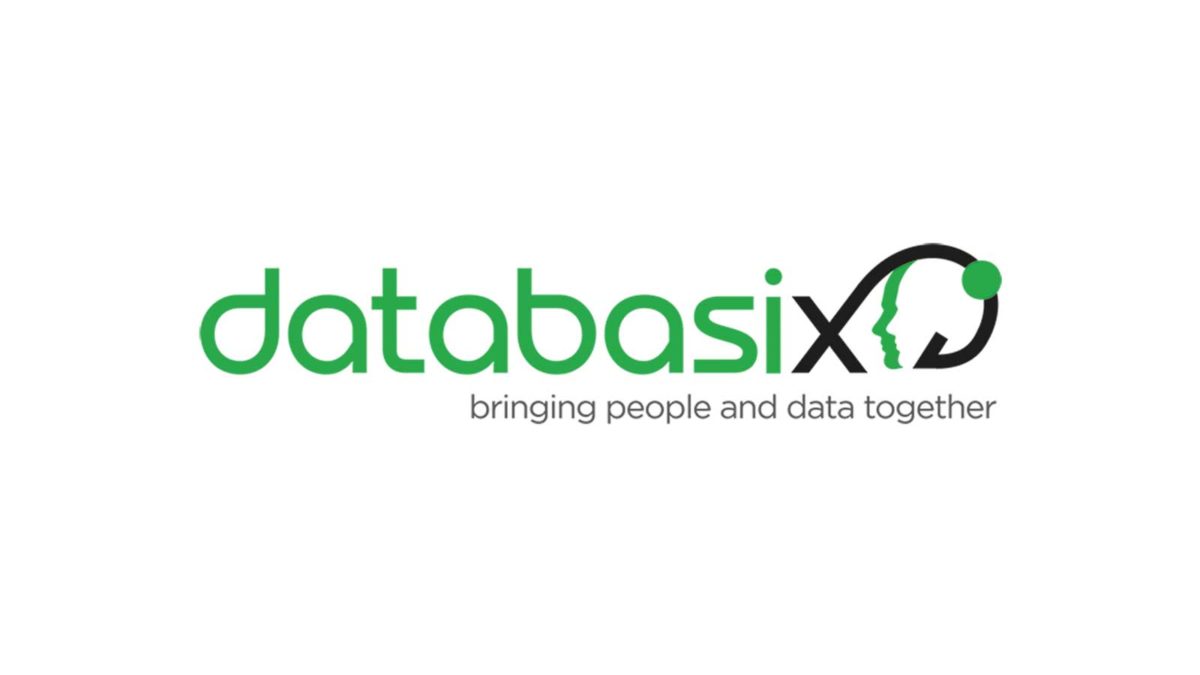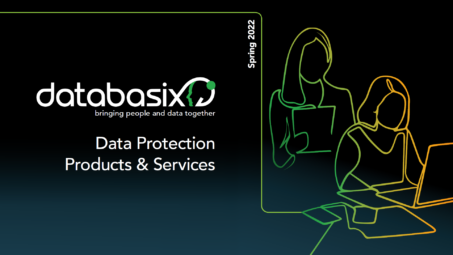
Excited by the latest fantastic business innovation? Think Privacy!
You’ll know already that the General Data Protection Regulation (GDPR) requires companies to have appropriate technical and organisational measures in place to ensure that data protection is built into their processing activities and business practices.
Did you know, it’s now a legal requirement to consider data protection and privacy issues upfront in everything you do to help ensure both compliance and accountability? This is particularly important when you’re innovating or using new technologies involving personal data. If you are considering introducing a new system (e.g. cloud-based HR/accounting system) or new process (e.g. facial recognition software) we recommend you consider the following:
Be Proactive & Preventative: when designing a new system or process, identify poor security and risky privacy practices early on, then commit fully to improve them before they can do any real harm. Don’t just carry on regardless!
Privacy as the Default: individuals’ personal data must be protected, without requiring their input; it should be safe by default. You must ensure that the collection of personal information is fair and lawful. Ask yourself when innovating, do you have a lawful basis for processing this personal data?
Embed Privacy into Design: do not bolt privacy on as an after-thought when designing a new system or process. Wherever possible, carry out detailed Data Protection Impact Assessments, clearly documenting the privacy risks and the measures you have put in place to mitigate those risks.
Full Functionality: Privacy considerations should not be seen as a limiting factor when innovating or designing systems. Transform any non-compliant privacy issues in such a way that they add value to the end product/process.
End-to-End Security: You must be able to ensure the security and privacy of personal data from the point of initial collection, right up to the point it is no longer needed. Measures could include encryption, regularly testing backups, strong access controls, secure destruction and effective user training. Without strong security, there can be no privacy.
Visibility & Transparency: This is key in demonstrating your accountability and compliance with the GDPR. Ensure that you have appropriate contracts in place between you and any 3rd parties/sub-processors; update and publish privacy notices to all stakeholders assuring them that privacy by design and by default is at the heart of your new system/process.
Respect for Privacy: Think privacy first! The GDPR demands that individuals’ rights are respected at all times. Remember individuals have the right to be informed, the right to access their data, and the right (in some cases) for their data to be deleted. Empowering individuals to play an active role in the management of their own data may be the single most effective check against abuses and misuse of privacy and personal data.
How Databasix UK can help you
One of the ways we can help you is by working out what level of support you actually need at each stage of your innovation, which could include:
Conducting Data Protection Impact Assessments;
Writing tailored data protection policies and procedures;
Delivering data protection training (either on site or remotely/online);
Providing practical advice and phone support.
We have a range of free resources, such as blogs and webinars, which can be found on our website (https://dbxuk.com).
If you could do with some data protection guidance and like the idea of it being easy and relevant to your business, please get in touch by phone or email.
More in IT Services

Get Support Announced as B4’s Official IT Partner
We are delighted to announce that Oxfordshire’s leading IT Services provider, Get Support, have become B4’s Official IT Partner.

Guiding the Development of AI Systems
Guiding the Development of AI Systems Artificial Intelligence (AI) continues to transform how we live, work, interact and access services. There is potential for it to bring multiple benefits to the global population. However, this is balanced by significant concerns that AI systems could turn into a sci-fi nightmare. So, how can AI development be […]

Your Business Without IT
You are invited to take a moment to visualise what would happen if your IT infrastructure went down, your customer and supplier data was stolen and your intellectual property was compromised. With denied access to your systems and information, operations will come to an immediate standstill. Financial demands are made and there’s a risk that […]
From this author

A look into the future for your data protection: The new...
The Databasix team takes a proactive approach to supporting our clients and to make ‘good’ even better… that’s the premise for our Spring Catalogue 2022!

Meet the Women Behind Databasix UK Ltd
In celebration of International Women’s Day, we wanted to take the opportunity to celebrate Kellie Peters & Regina Johnys, the women behind Databasix UK who have been described as ‘totally awesome data chicks.’ Here is an excerpt from a humourous Q&A the two took part in Firstly, congratulations on being called ‘totally awesome data chicks.’ […]

Diploma in Workplace Data Protection Starts 20th January 2022 – Register...
20th January 2022 – A GDPR Training Programme and Diploma for HR Professionals. In collaboration with SYLO | Beyond HR. , we are delivering a programme of CPD certificated data protection training, that’s tailored especially for people who lead or manage Human Resources functions. Data protection runs deep through every fibre of the HR environment. In times […]

